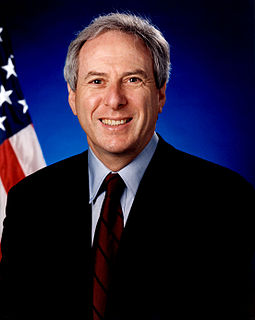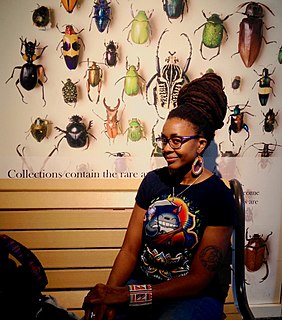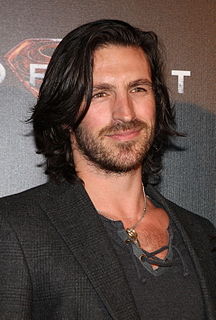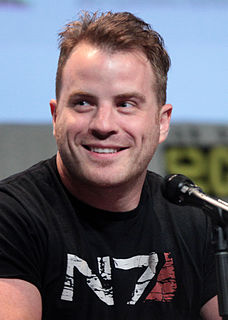A Quote by Philip Kotler
Whenever someone wonders how I could have written 57 books, I remind them that Isaac Asimov wrote 500 books. I like Asimov's view that great insight comes from seeing something as odd and finding out why. Curiosity is the starting point for great science.
Related Quotes
We never had books at home, but my dad, seeing how keen I was to read, took me to Islington Library when I was about eight and we pulled out two - a Biggles and a science fiction novel. I never got the ace fighter pilot but fell in love with all things to do with the future and space. Isaac Asimov soon became my guiding star.
Five common traits of good writers: (1) They have something to say. (2) They read widely and have done so since childhood. (3) They possess what Isaac Asimov calls a "capacity for clear thought," able to go from point to point in an orderly sequence, an A to Z approach. (4) They're geniuses at putting their emotions into words. (5) They possess an insatiable curiosity, constantly asking Why and How.
I often use detective elements in my books. I love detective novels. But I also think science fiction and detective stories are very close and friendly genres, which shows in the books by Isaac Asimov, John Brunner, and Glen Cook. However, whilst even a tiny drop of science fiction may harm a detective story, a little detective element benefits science fiction. Such a strange puzzle.
Books can be passed around. They can be shared. A lot of people like seeing them in their houses. They are memories. People who don't understand books don't understand this. They learn from TV shows about organizing that you should get rid of the books that you aren't reading, but everyone who loves books believes the opposite. People who love books keep them around, like photos, to remind them of a great experience and so they can revisit and say, "Wow, this is a really great book."
Incidentally, I am honorary president of the American Humanist Association, having succeeded the great science fiction writer and biochemist Dr. Isaac Asimov. John Updike, who is religious, says I talk more about God than any seminarian. Socialism is, in fact, a form of Christianity, people wishing to imitate Christ.































